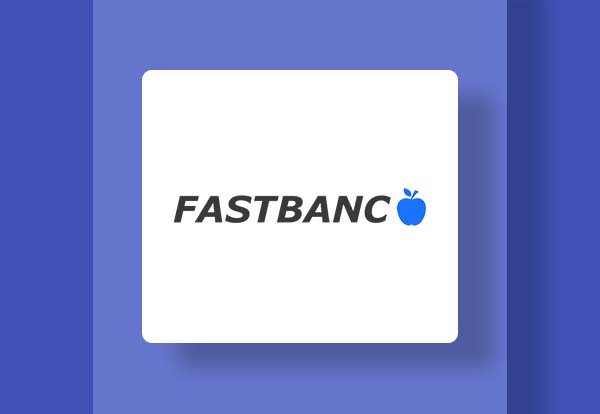Artificial Intelligence is being implemented in different sectors, which has led to the emergence of challenges related to its use.
In this sense, the evolution of technology, in leaps and bounds, has led to the implementation of Artificial Intelligence in the field of human resources, raising legal problems such as the limits and requirements of tools and the possible violation of workers' rights .
In this regard, a multitude of tools have appeared that use algorithms and that facilitate the management of labor relations between employers and employees. Various applications have even been developed that automatically filter CVs or that evaluate the tests completed by candidates throughout the selection process.
This allows companies to improve performance, thereby seeking maximum employee efficiency during their workday and mitigating any potential risks that may exist.
However, the use of these tools based on Artificial Intelligence must comply with current regulations regarding data protection, as well as other regulations.
Article 22 of the General Data Protection Regulation (hereinafter, “GDPR”) provides that every person has the right not to be treated as the object of a decision whenever the decision is based on data processed automatically. For this reason, Artificial Intelligence applications complement the work of Human Resources teams, although they do not replace them entirely.
Or article 13.2 f) of the aforementioned regulations, which requires commercial entities to inform their employees of the use of tools based on Artificial Intelligence.
In the case of the Workers' Statute, it is article 64.4. d) which maintains a line similar to that established in the General Data Protection Regulation. In order for companies to comply with all these legal requirements, the Ministry of Labor and Social Economy in mid-2022 developed a Practical Guide and tool on the business obligation to provide information on the use of algorithms in the workplace.
These national regulations are in turn supported by Directive (EU) 2019/1152 of the European Parliament and of the Council, of June 20, 2019, a regulation that establishes, among others, the obligation on the part of the company to inform employees in writing about the conditions of the contract.
Ultimately, very recently, the Council of the European Union agreed on the text of the future Directive of the European Parliament and of the Council on improving working conditions in digital platform work, thus considered the first legislative act of the European Union that aims to regulate algorithmic management in the workplace.
In conclusion, human resources departments must comply with all the conditions for implementing Artificial Intelligence in their work without violating the Fundamental Rights of employees and, additionally, respecting data protection.






